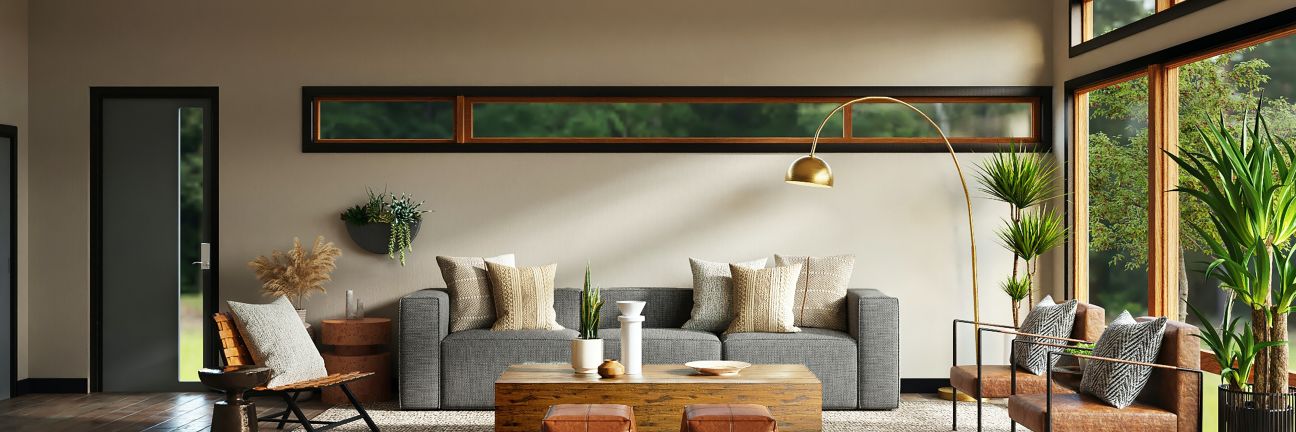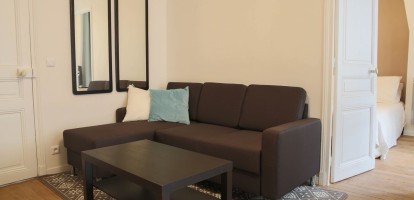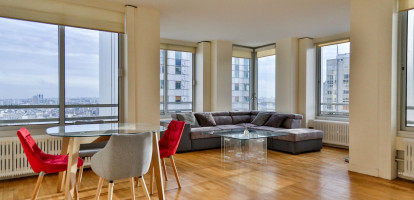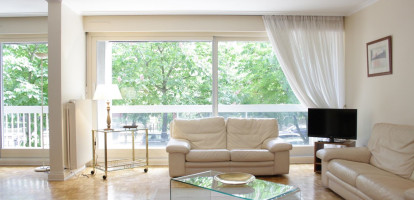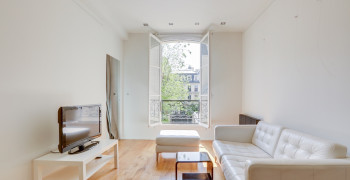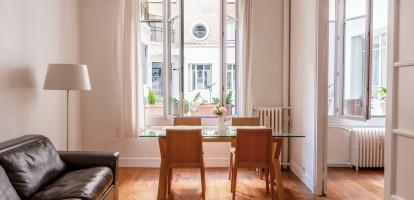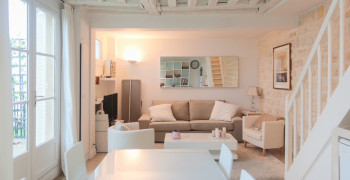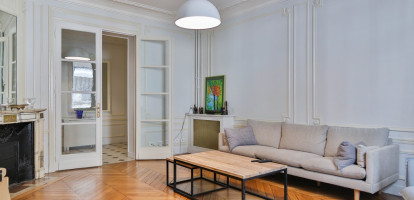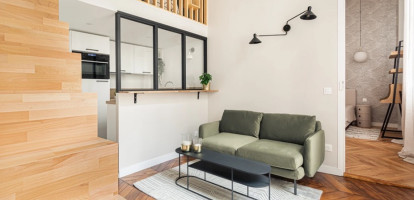The tenant has the exclusive use of the property they rent for the entire rental duration. The tenant can undertake minor improvement work or renovations; however, the tenant must obtain the landlord's consent for any significant construction.
What renovation can I make to my rental apartment without the landlord's permission?
Tenants are entitled to make their living space comfortable according to their taste. Therefore, the law in France allows tenants to undertake minor improvements or renovation work to model their apartment rental without having to ask for the owner's consent. However, when the tenant leaves the apartment and the modifications impair the apartment for future rentals, the landlord can ask them to restore the premises to their original state. For example, the tenant can paint one or several walls with a different color, but if that color is black or bright red, upon the tenant's departure, the landlord can ask them to paint back the walls as they were when they rented the apartment.
To ensure a delightful rental experience, kindly inform your landlord in advance even for these permissible modifications. It might save you from having to do the restoration after all.
Permissible renter-friendly renovations to upgrade the rental apartment
Here are some renter-friendly renovations to transform your space without breaking the lease agreement:
- Peel and stick wallpaper
- Change the carpet
- Install new light fixtures
- Repaint the walls
- Put up new shelves
- Change the showerhead
- Replace the kitchen and bathroom faucets
- Upgrade the kitchen backsplash
- Swap out old blinds and curtains
N.B. More specifically, ensure all these changes are on track with the use of habitability and regular rental accommodation.
What improvement work requires the landlord's approval for the tenant to undertake?
For tenants to make significant alterations that will change the structure or layout of the rental property, like knocking down an internal wall, replacing a bathtub with a shower, drilling an access opening hole, etc., having the landlord's express permission is mandatory.
How to ask the landlord to approve your major rental renovations?
When approaching your landlord, it is essential to remember that you're requesting your landlord to make an important business decision for their rentals. It is not a favor or something the owner is obligated to do (unless it is under the owner's responsibility).
Before you ask your landlord for the approval of renovation/work, carefully review your rental agreement to check any lease restrictions and fully understand your and the landlord's responsibilities. For example, the landlord is responsible for doing the necessary work to bring the rental unit up to decent code (ex: replacing a water heater).
Suppose the tenant wishes to undertake significant renovations. In that case, they must obtain their landlord's permission by sending out a registered letter and getting written authorization from the landlord.
What are the consequences if the tenant does major work without obtaining the owner's consent?
If the tenant does unauthorized work, the lessor is entitled to terminate the lease contract and claim compensation from the tenant for the damage caused. Also, the owner may refuse the lease renewal at the end of the rental period.
Undertaking adaption work if the tenant has a disability or loss of autonomy
If the tenant has a disability or loss of independence, they may carry out adaptation work in the rental property at their own expense. These adaptation works include installing or modifying locking and opening systems (doors, windows, shutters), changing the layout or fittings of wet rooms (kitchen, toilet, shower room), etc. And when the lease ends, the landlord cannot request the tenant to return the property to its previous condition.
However, upon lease termination, all tenants are responsible for fixing damages caused during renting, such as filling in wall holes, removing cleaning adhesive residue, and doing a complete apartment cleaning. The apartment must be in the same condition the tenant found, except for normal wear and tear. Otherwise, the landlord would be entitled to retain part of the tenant's security deposit.
In conclusion, if you wish to spruce up your rental and make some improvements, it is crucial to respect the lease restrictions first and, for anything but minor changes, to obtain written approval from the landlord for any significant alterations.
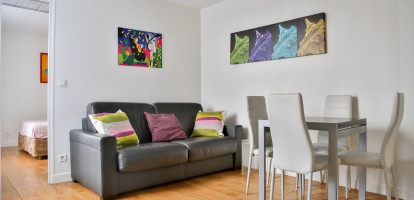


 Français
Français
